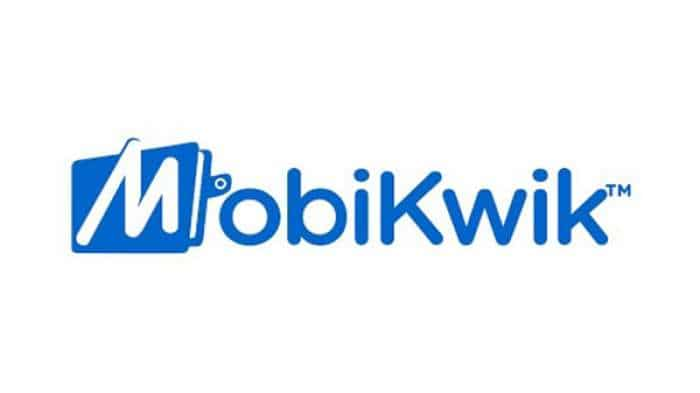What is SMA in loan accounts in banking? Does SMA status of your loan impacts CIBIL report?
Before the loans are classified are non-performing, the RBI guidelines require them to be classfied as SMA-0, SMA-1 and SMA-2 and these indeed have an adverse impact on your CIBIL report.
)
To enable banks to better administer their loans (assets), the country’s apex bank- RBI has stipulated that before a loan account turns into a NPA or non-performing asset, banks are required to identify incipient stress in the account by creating three sub-categories under the Special Mention Account (SMA1) category.
What are the 3 sub-categories of SMAs?
SMA-0 is the category of Special Mention Account wherein principal or interest has not been overdue for more than 30 days, but account reflecting some incipient stress.
SMA-1 is the category wherein the principal or interest payment is overdue between 31-60 days.
SMA-2 is the category wherein the principal or interest payment is overdue between 61-90 days. So, here the amount is overdue for a tenure ranging from 61 days to 90 days.
The RBI’s 2018 circular in order to better mitigate the bad loan crisis said “lenders shall report credit information, including classification of an account as SMA to Central Repository of Information on Large Credits (CRILC) on all borrower entities having aggregate exposure of Rs 500 lakh and above with them. The CRILC - Main Report will be required to be submitted on a monthly basis effective April 1, 2018. In addition, the lenders shall report all borrower entities in default (with aggregate exposure of Rs 500 lakh and above), to CRILC, on a weekly basis, at the close of business on every Friday, or the preceding working day if Friday happens to be a holiday, with effect from the week ending February 23, 20.”
When will account be in SMA?
As per the website of Punjab and Sind Bank, the account will be classified as SMA on the same day when interest is applied or installment is demanded and not paid.
Impact of SMA classification on your CIBIL/ Credit Report:
The bank’s website added delinquency is reported to CIBIL on the date of default (account turning into SMA) as stated above and credit score is impacted adversely. So, as pursuant to RBI guidelines dated 12.11.2021, delinquency will be counted from the date of EMI/ interest due date, borrowers should pay their EMI /interest on due date itself to avoid adverse impact on their credit score.
When is the loan classified as NPA?
According to the RBI’s Master Circular- Prudential Norms on Income recognition, Asset Classification and Provisioning pertaining to the Advances Portfolio said with a view to moving towards international best practices and to ensure greater transparency, it has been decided to adopt the ‘90 days’ overdue’ norm for identification of NPAs, from the year ending March 31, 2004. Accordingly, with effect from March 31, 2004, a non-performing asset (NPA) shall be a loan or an advance where;
interest and/ or instalment of principal remain overdue for a period of more than 90 days in respect of a term loan,
the account remains ‘out of order’ for a period of more than 90 days, in respect of an Overdraft/Cash Credit (OD/CC),
the bill remains overdue for a period of more than 90 days in the case of bills purchased and discounted,
interest and/or instalment of principal remains overdue for two harvest seasons but for a period not exceeding two half years in the case of an advance granted for agricultural purposes, and
any amount to be received remains overdue for a period of more than 90 days in respect of other accounts.
Get Latest Business News, Stock Market Updates and Videos; Check your tax outgo through Income Tax Calculator and save money through our Personal Finance coverage. Check Business Breaking News Live on Zee Business Twitter and Facebook. Subscribe on YouTube.
RECOMMENDED STORIES
11:39 AM IST











 Sunshine Capital to foray into mutual fund distribution
Sunshine Capital to foray into mutual fund distribution  Muted loan growth a 'concern', aim for a 10-12 % jump in book in FY 2025
Muted loan growth a 'concern', aim for a 10-12 % jump in book in FY 2025 Loan guide: What are benefits of consolidating loans? How to consolidate multiple loans into one payment?
Loan guide: What are benefits of consolidating loans? How to consolidate multiple loans into one payment? What is Loan Against Mutual Funds? Get up to Rs 9.5 lakh loan on fund worth Rs 10 lakh - Details
What is Loan Against Mutual Funds? Get up to Rs 9.5 lakh loan on fund worth Rs 10 lakh - Details Banks asked to check mis-spelling, safeguard account holders' interest: DFS Secretary
Banks asked to check mis-spelling, safeguard account holders' interest: DFS Secretary